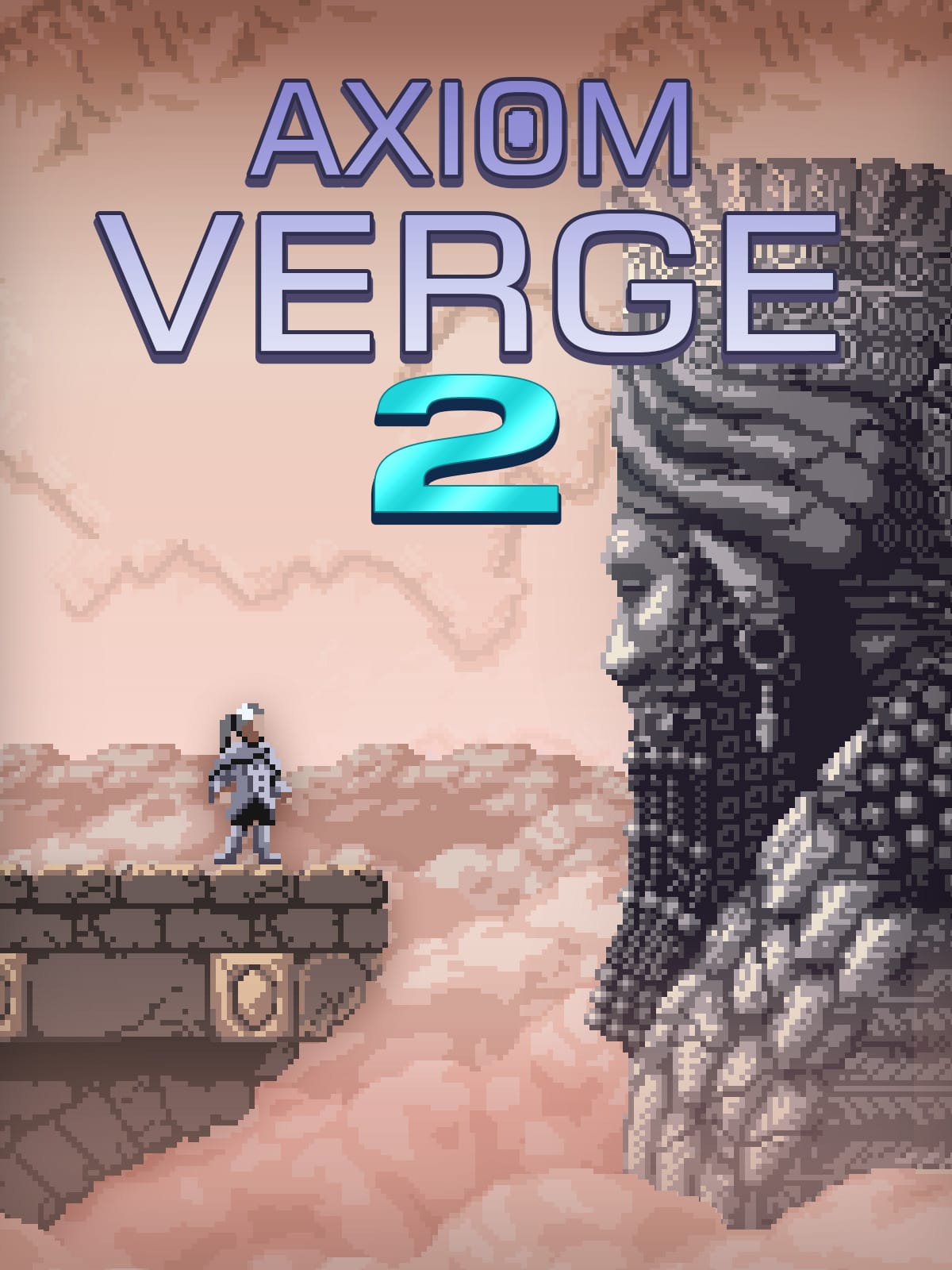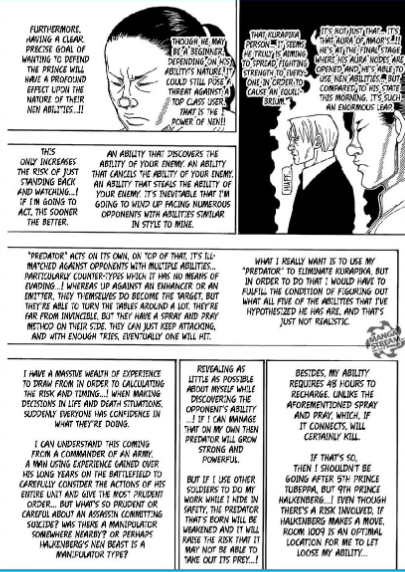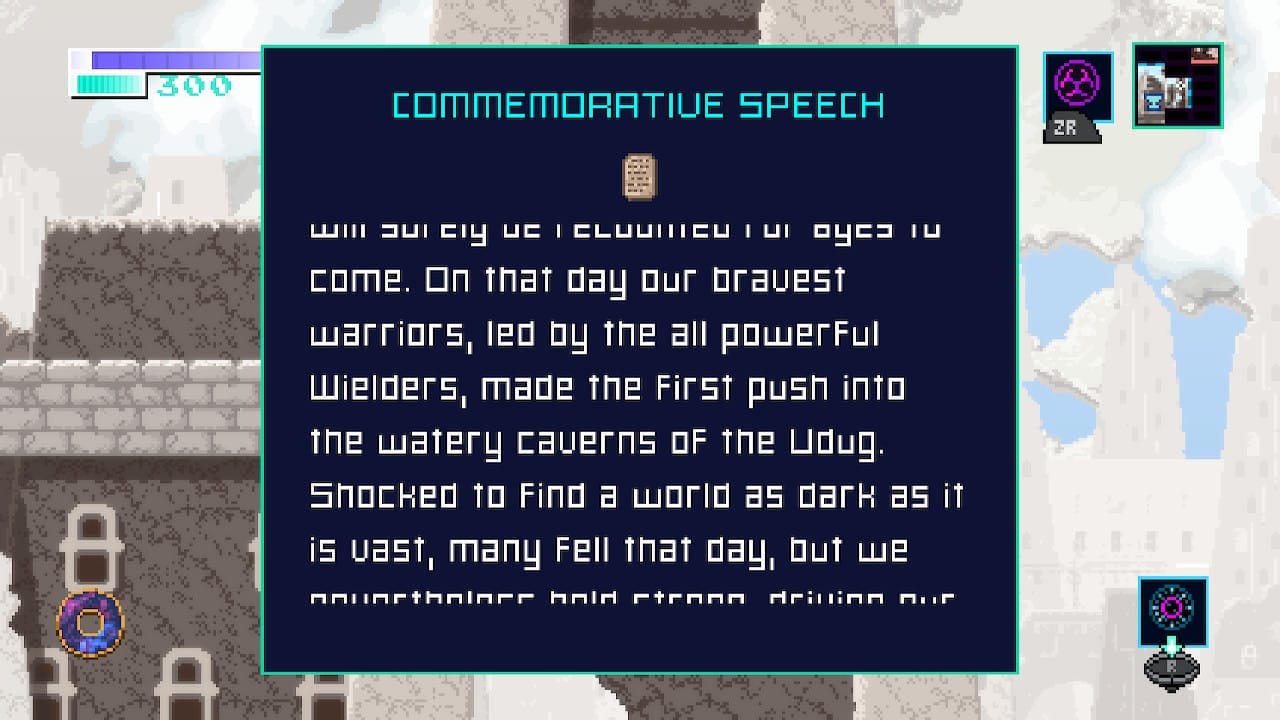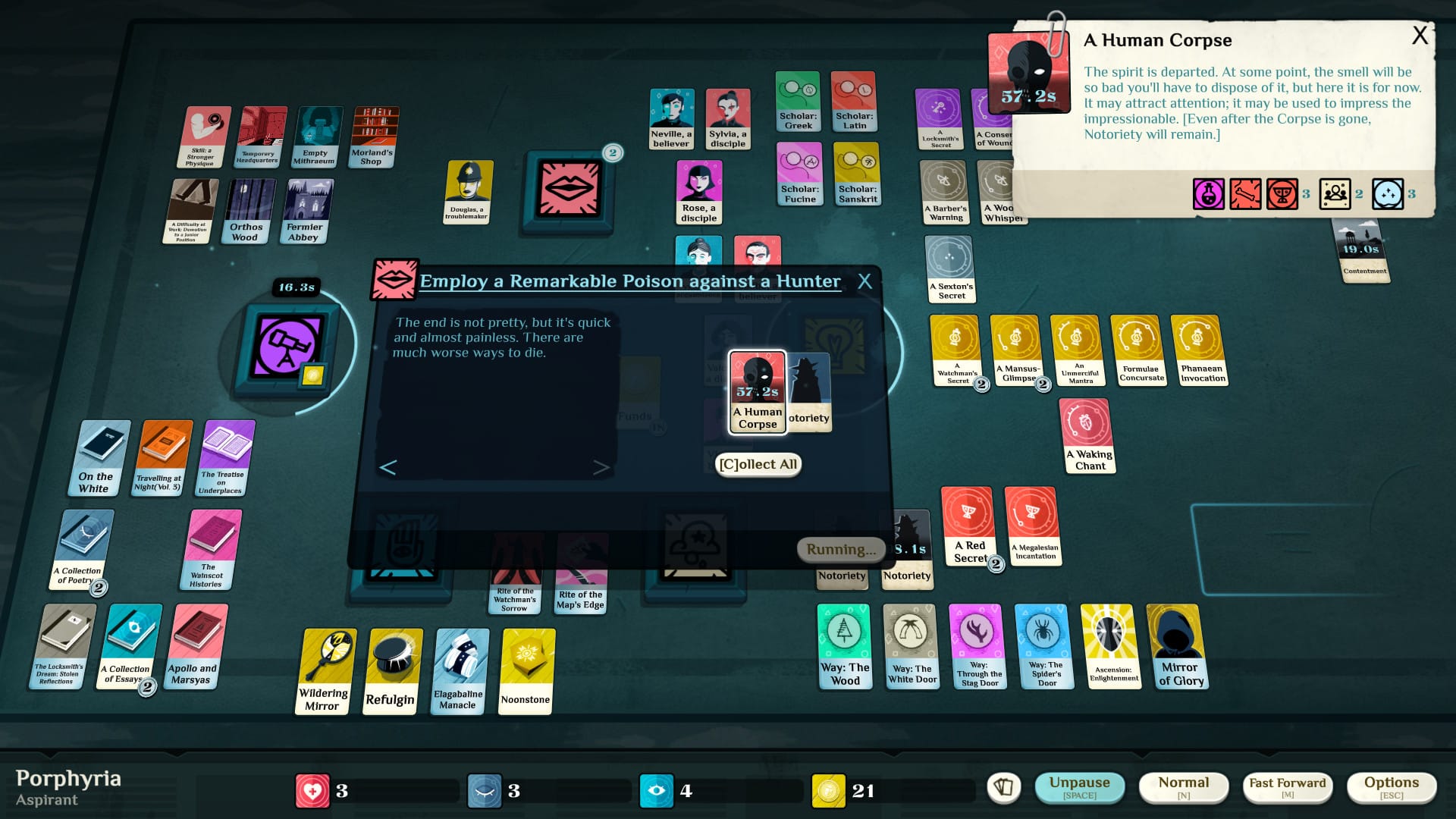Dyslexia and Accessibility

Dyslexia
It took me over 20 years to realize that I had a learning disability. I'm sure my parents would argue that me being an honors student, graduating Cum Laude from RIT, and leading our school's book club are all points against this. The first two points I got to by mostly working extremely hard and going to every class. I never considered that text books were actual places people could learn, I always just used them for reference or practice problems. I joined the book club because I wanted to get stories aside from the English classics and I did it in spite of my extremely slow reading speed. I used to go up to the pulpit in church for a portion of mass and read out all the things our community were thankful for. Every single time they told me to go up and read it and I was always mortified when I would swap words around or misspeak them, and I kept doing this job because I thought that I had an issue with public speaking and the experience would help.
These are all minor examples of my dyslexia expressing itself, the main issue it gives me is that reading aloud at a reasonable pace of speech is nearly impossible for me. I have to go slowly so my brain doesn't transpose the letters l, i, j, or swap around vowels. Even while typing, I'll sometimes hit the wrong letter because my brain is thinking of the next word. So, instead of typing "Latin Honors" I'll type "Lathinonors" and have to fix it. Don't get me started on spelling, I have a LOT of words that I will never be able to properly spell, like minuet, or minute, I genuinely don't know which is right (We're talking about a measurement of time by the way). The public school system where I grew up was honestly very good, but the ability to catch these learning disabilities STILL isn't perfect, doubly imperfect in the 90's. And after that point I didn't ever get reading help, since I mostly kept up with everyone in my grade through perfect attendance and paying attention in class.
Flash forward to about 10 years ago, when I started living with my first roommate out of college, and I picked up the habit of reading audio books. I made a pact with myself that I would only listen to them while working out or on long drives, which helped motivate me to get in shape. It was in this time I stopped reading what I lovingly call "Big boy books," one of the last being The Wise Man's Fear by Patrick Rothfus, a massive tome. In the time it took me to read that one book, I finished about 3 similarly sized audio books, and realized that my aural comprehension was much more refined than my reading comprehension. In this time I never stopped reading graphic novels, because I didn't have the same reading speed issues with them. As it turns out, another issue with my dyslexia is that pages filled with text is difficult for me, but text in speech bubbles or text blocks are okay as long as they're not taking up a whole page. Those old 80's marvel context blurbs hurt my head, but a character thinking or speaking for a bit is totally fine, especially if it's not just a HunterXHunter page.

The final evidence of dyslexia was at my programming job, when we were working on Accessibility. All Accessibility means is making the thing you're creating easier to access for more people. In some cases this is high contrast elements, which helps with color blindness, and in other cases it's the ability to control text size, for people who don't have perfect vision. The technology that surprised me was screen readers, mostly due to never having used them before and being able to turn typed text into words I can hear really helped me speed up my ability to read full pages of text. Having something read the text to me while my eyes work increases my comprehension and speed of reading, and that's when I knew that there was something going on. I went to my doctor, described basically everything I've put here, and she gave me two options: Pay around 200$ to get legitimate testing done, or just take her face value judgement and agree that I have dyslexia. I've talked to some other people, like teaching assistants and specialists, and they came to the same opinion when I describe my difficulties.
To be honest, it's a relief to know that I'm dyslexic, mostly due to having a reason for this difficulty I've had my whole life. I believe that knowledge and power, and dispelling the ignorance of my condition has made me feel better about the WHY of my difficulties. I've always had difficulties with older CRPGs, games with no voice acting, thick tomes, and small text. It's not that I'm dumb, or that I am a bad reader, its that my brain is built for math and not language and I can leverage that knowledge to help support my weaker skills.
Depression
I want to take a quick pause to also describe depression, or at least my experience with it. This will loop back to game design I swear!
For me, Depression means that basically my emotional gears are stuck in neutral. I don't feel happy when I'm supposed to, I don't feel sad or any other emotions. I'll laugh when something is funny, but it's more of a bark instead of a genuine laugh. I can operate normally for about 6 hours on those days, and the rest of the time I am usually bullying myself into doing things that I have no drive to do. Maybe playing a game or watching a movie will make me feel better? That's not how this works, it's that my brain has nothing left to give and I'm just trying to do the bare minimum to survive.
So, looping this into games, I find that Skinner box design(Games that don't take much critical thinking, just pressing a button to watch the numbers go up) are both comforting and send me deeper into the depressive episode. Heavy narrative games also don't really do it for me, because I can't suspend my disbelief or get into the story if I am not feeling anything. So usually I will focus playing games that are active, but also I don't have heavy emotional investment in the stories. Megaman X is my historic game for this, I've played through probably every X entry at least twice, and over four times for the good ones. Strider is my current game that is really keeping me going, with it's simple gameplay and it's flashing lights. Games can give us a framework that we're comfortable in, they're like the loaf pan that keeps the gooey batter together until it's solid enough to stand on it's own.
Accessibility wise, I would suggest building in frequent breaks to the gameplay. Modern console sleep functions have helped me stick to a game, realizing that I could just sleep the console when I'm no longer having fun and saving it for another time.
Text Accessibility in Games
To be clear: I can only speak from my personal experience with dyslexia. These are my notes using examples from games I love to help illustrate good and bad text design. These are going to be from games I've played, and in some cases completed. Without further ado:
Font

Axiom Verge 2 is an incredible metroidvania game(game genres are funny) that has you exploring a weird world with all sorts of lore notes peppered across it. These are how the game tells it's story indirectly, getting glimpses of the whole picture through letters and notes. The above picture is an example of these notes, and I have to admit after about 3 I stopped reading them altogether. I totally opted out of the story because of the font and the UI. There are no scrollbars or arrows letting the player know that these blocks of text can extend past the bottom of the viewport, and thus if your line ends on a period then you might not know to scroll down to keep reading. The font chosen is very blocky, which fits in with the retro aesthetic they're going for. That said, it is extremely hard to differentiate between capital and lower case letters, not to mention the increased count of "similar letters." The letters D and O are maybe 3 pixels different, which isn't usual in the English language. The game has good text size at least, which helps a little but is totally undermined by the font. I wish there were some sort of robo-text-to-speech in the game, but I understand that feature is not an easy one to add, having overseen it's addition at my job.
Design

Cultist Simulator is a game where you manage a cult by looking at a table with cards and missions scattered all over it. If you click on any of these elements it will pop up some text, some images, and a whole lot of information jammed into it. In this game's defense, it has a lot of good accessibility options, from controlling font size to scaling the UI to high contrast modes. All of these are good, but there are some fundamental issues to their implementation. Using the above image as a lodestone, the only text that scales with font size are the paragraphs of text. Not the card names, or the titles of your open windows, which leads to a lot of squinting ones eyes to find "Mirror of Glory" among all the golden cards. This is a game with a LOT of text, a game which I've played for almost an hour before never diving back into it despite loving the fantasy it's selling so much. I really wish I could love it as much as Sunless Sea or Fallen London (same designer as Cultist Simulator), the overall UI/Text design of the game totally defeats me before I can fall in love with it.
Font
Now, total control would be pretty unexpected, especially since most games have to do a lot more work than you'd expect to get the text you want to display properly. That said, having different text size options is always useful, and many games use "Dyslexia friendly" fonts. These fonts are more or less the opposite of the ones mentioned above in Axiom Verge 2, where the letters are even more different from one another. This greater distinction does help a lot of people who have the classic dyslexia troubles (p,q,d,b is a classic set of letters that are swapped). I will note that this is not a silver bullet, it just makes it easier to differentiate between the letters for some folks. These fonts don't help me too much honestly, but I know that some people are much more comfortable with these fonts than more classically used fonts.
Stigmatized Conclusions
These disabilities affect my life, but they don't dominate it. I have strategies to mitigate their negative effects, and honestly I think some parts of my brain work better because of my experiences. I think treating differences as always black and white, always a negative or a positive, doesn't really promote a world where we can work around the real human effects that has on the people with differences. Different perspectives, different ways of thinking, these have actual benefits to a society. Being able to talk about a thing, be it a disability, race, or economic background, is a very important first step to being able to understand that thing. And thus, I am here talking about a topic that is stigmatized by the general public with the hopes that it leads to greater understanding in the future.